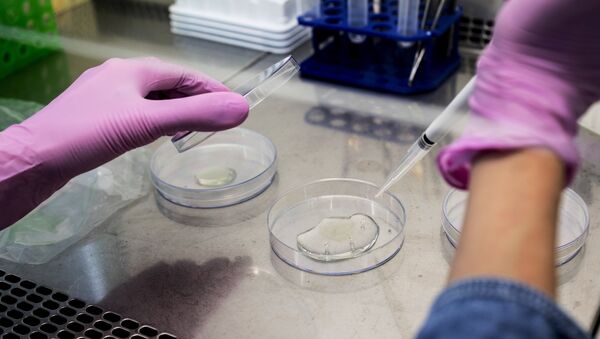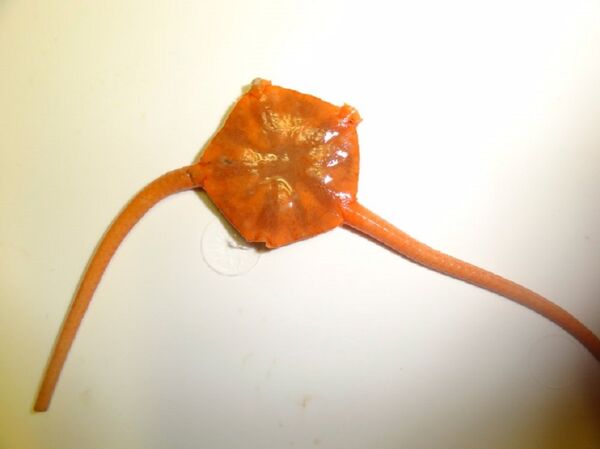A report recently published by the researchers in a peer-reviewed scientific journal explains that the extract of the Ophiura irrorata turns off the wnt-signaling pathways in cancer cells which cause the uncontrolled growth of tumors. More importantly, the extract is not cytotoxic (i.e. not toxic to normal cells).
According to researchers, the strongest effect on the cancer cells was shown by ethanol extract of the snake-tailed the Ophiura irrorata, a Pacific brittle star member of the Ophiuridae family. Cherepanov said that the extract almost completely turns off wnt-signaling pathway of cancer cells.
Having made this amazing discovery, researchers are now working to figure out the so-called 'magic bullet' formula of the extract's molecular composition that would allow them to synthesize the substance in a laboratory.
The scientists' report can be read in the scientific journal Scientific Reports.




